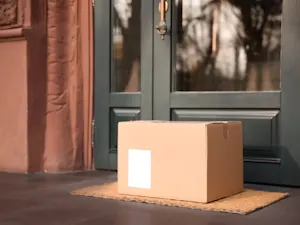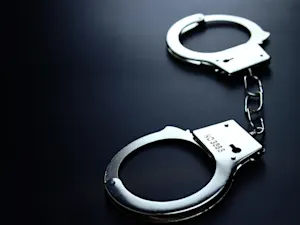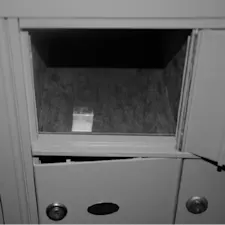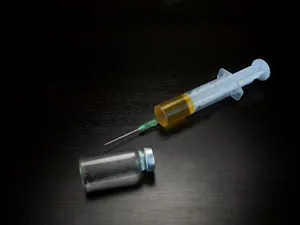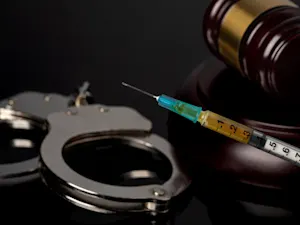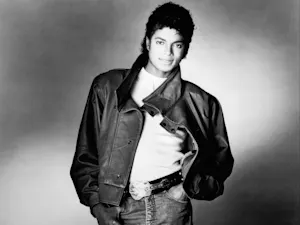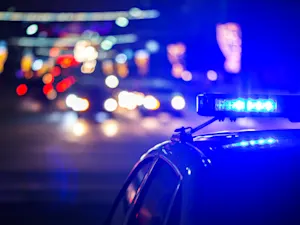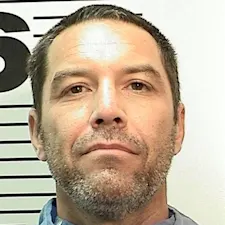'Seed Scam' Sparks Fury as Mystery Mail Floods US Homes

Packages showing up at your door can be fun. A surprise gift. A forgotten online order. But what if you open your mailbox and find a pack of seeds you never asked for, wrapped in foreign-language labeling and stuck with a suspicious QR code?
It's happening again — and officials are warning you to steer clear.
A Seed of Suspicion
Over a single weekend in Brookfield, Connecticut, residents received at least three different packages containing mysterious seeds they never ordered.
While the contents turned out to be harmless in terms of chemical danger, the arrival of the seeds prompted a swift hazmat response from local fire crews and environmental officials.
Captain Tony Augustine of the Brookfield Police urged caution, telling the public, "Out of caution, if you get something that you didn't order, be suspicious of it," as reported by ABC News 7.
What's Really Going On?
This isn't the first time this has happened — and likely won't be the last. According to the USDA, the leading theory is that these incidents are part of what's known as a "brushing scam," according to CNN.
Here's how it works: sellers on e-commerce platforms send inexpensive items — like seeds — to random addresses. Once the shipment registers as "delivered," the seller can post a fake five-star review under the name of the unknowing recipient. These artificially boosted ratings help the seller's product climb the rankings, increasing visibility and, presumably, sales.
Often, these seed packets are labeled as jewelry or small electronics, adding to the confusion. Although there's no current evidence of identity theft or hacking, the inclusion of QR codes raises new concerns. Authorities in Connecticut say the codes could potentially link to malware or phishing sites.
A Growing Concern Nationwide
While the spotlight is on Brookfield now, this issue isn't confined to Connecticut. Reports of unsolicited seed packages have popped up in Texas, Alabama, and New Mexico this year. In 2020, all 50 states issued alerts after similar incidents, with many of the packages appearing to originate from China Post, CNN reported.
In one case from Brookfield, a resident delivered a suspicious package directly to the police department, prompting a full investigation and hazmat protocol. However, the seeds themselves were non-toxic — typically ornamental plants, herbs, or weeds — the unknown origin and digital components raised red flags.
What You Should Do if You Get One
If you find an unexpected seed package in your mailbox, officials advise against opening it or scanning any QR codes. Instead, dispose of it carefully:
- Do not open the seed packet.
- Wrap it completely in duct tape.
- Place it inside a sealed Ziploc bag.
- Dispose of the package in the trash.
Alternatively, unopened packets can be submitted to the USDA Plant Protection and Quarantine Office in Wallingford, Connecticut. If you've already opened or planted the seeds, contact the Connecticut Agricultural Experiment Station or your state's equivalent for further guidance.
What's Next?
The USDA continues to investigate, working with Customs and Border Protection and other federal agencies to trace the origin of the mailings. Officials in China have claimed the address labels were forged and say they've asked USPS to return the packages for investigation.
For now, this digital-age scam with its analog twist serves as a strange reminder that not every package that lands on your doorstep is a gift. Sometimes, it's just a scam taking root — one packet at a time.
References: Officials Warn on Potential Scam Involving Packages Containing Seeds Showing Up at Homes | Suspicious Packages Found in Brookfield Linked to Unsolicited Seeds Scam | All 50 States Have Issued Warnings About Those Mysterious Packages of Seeds
